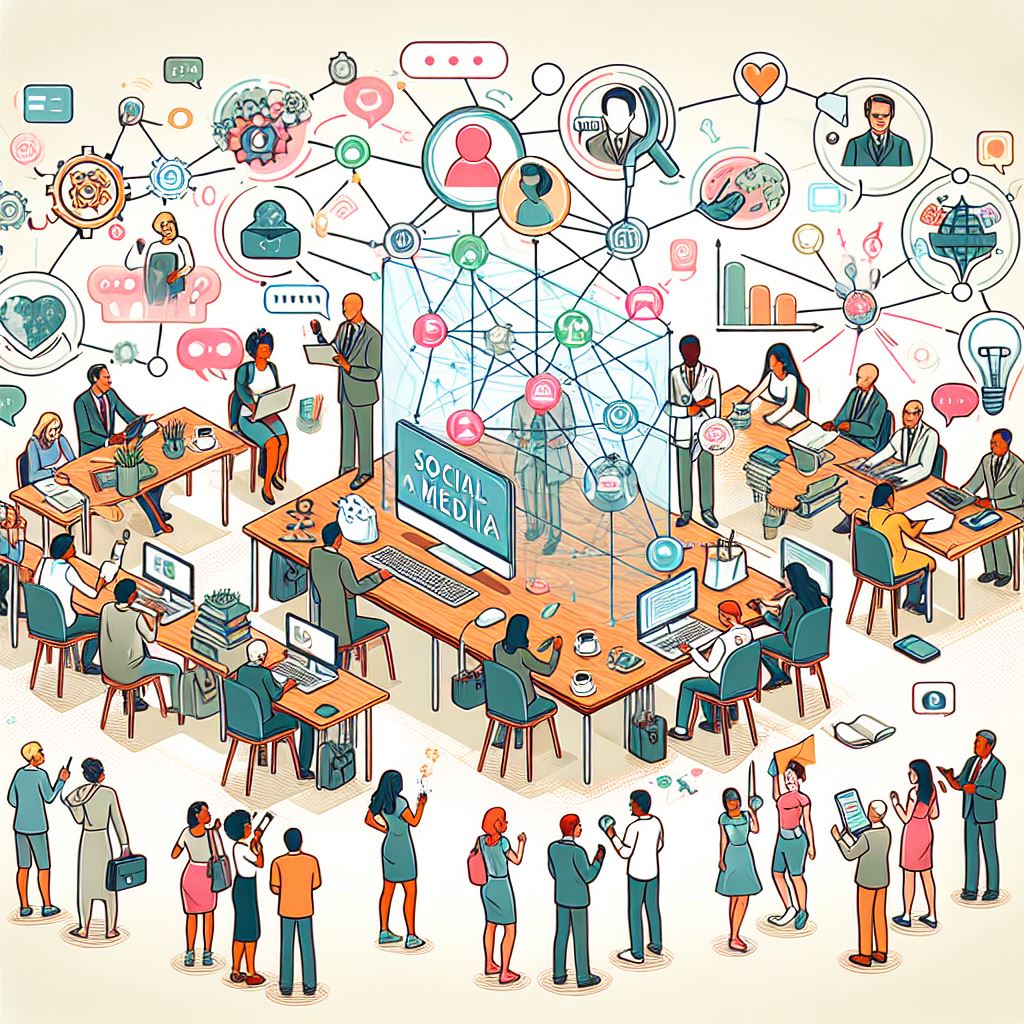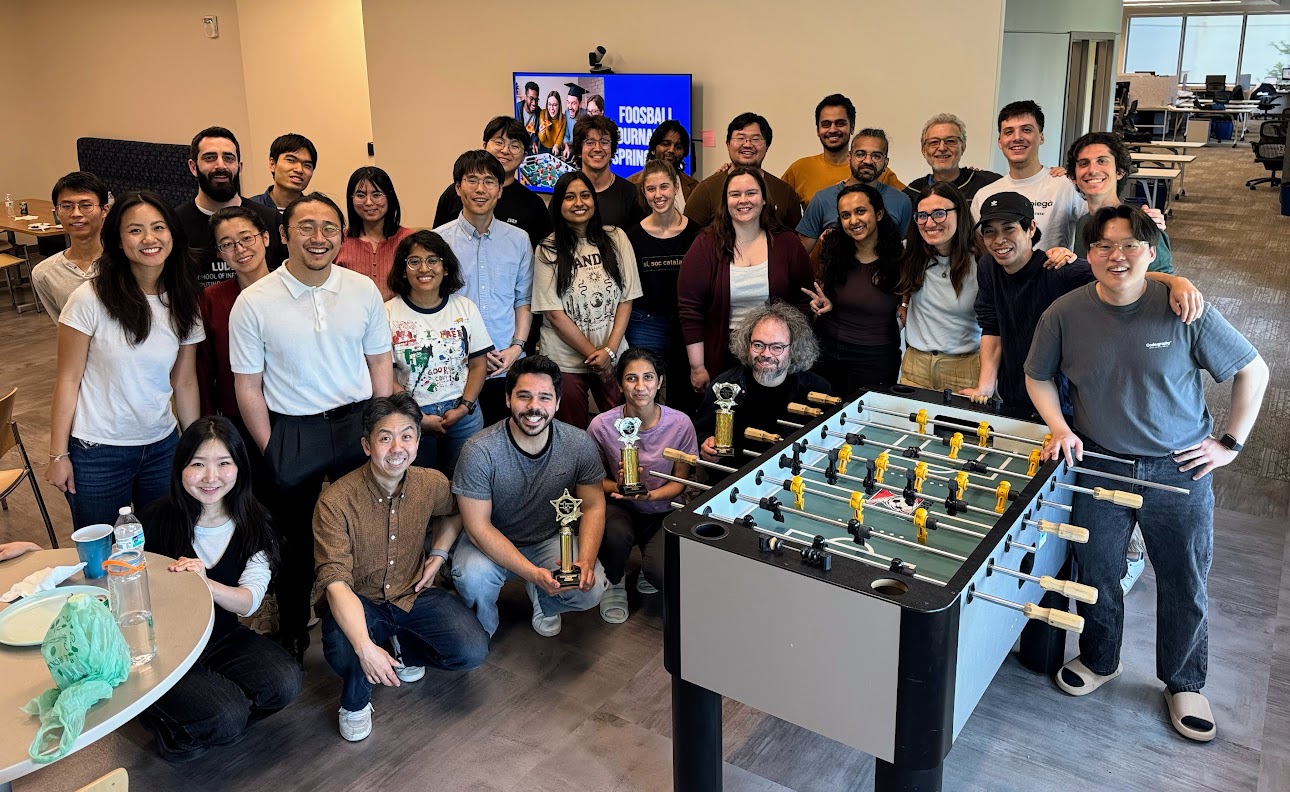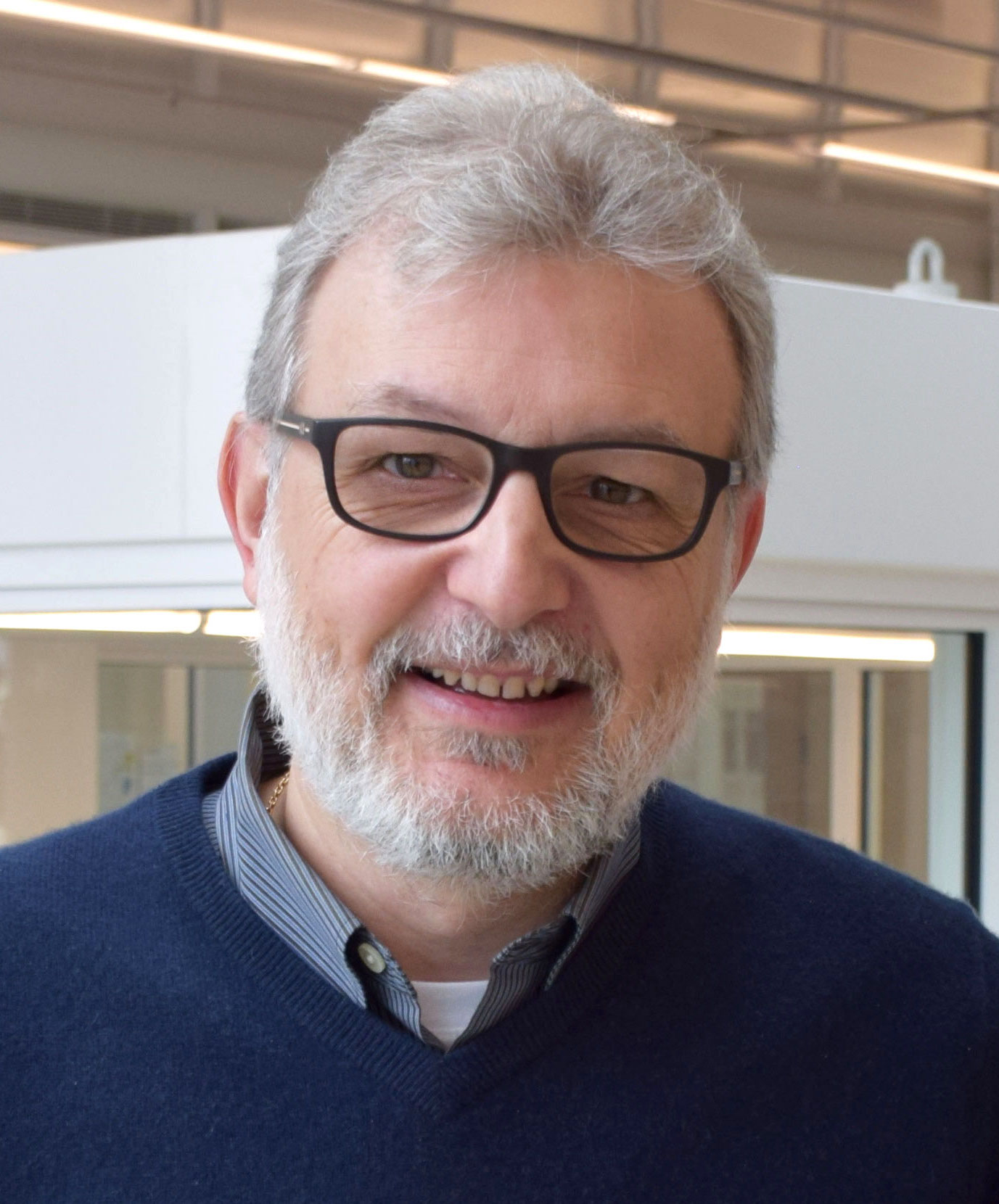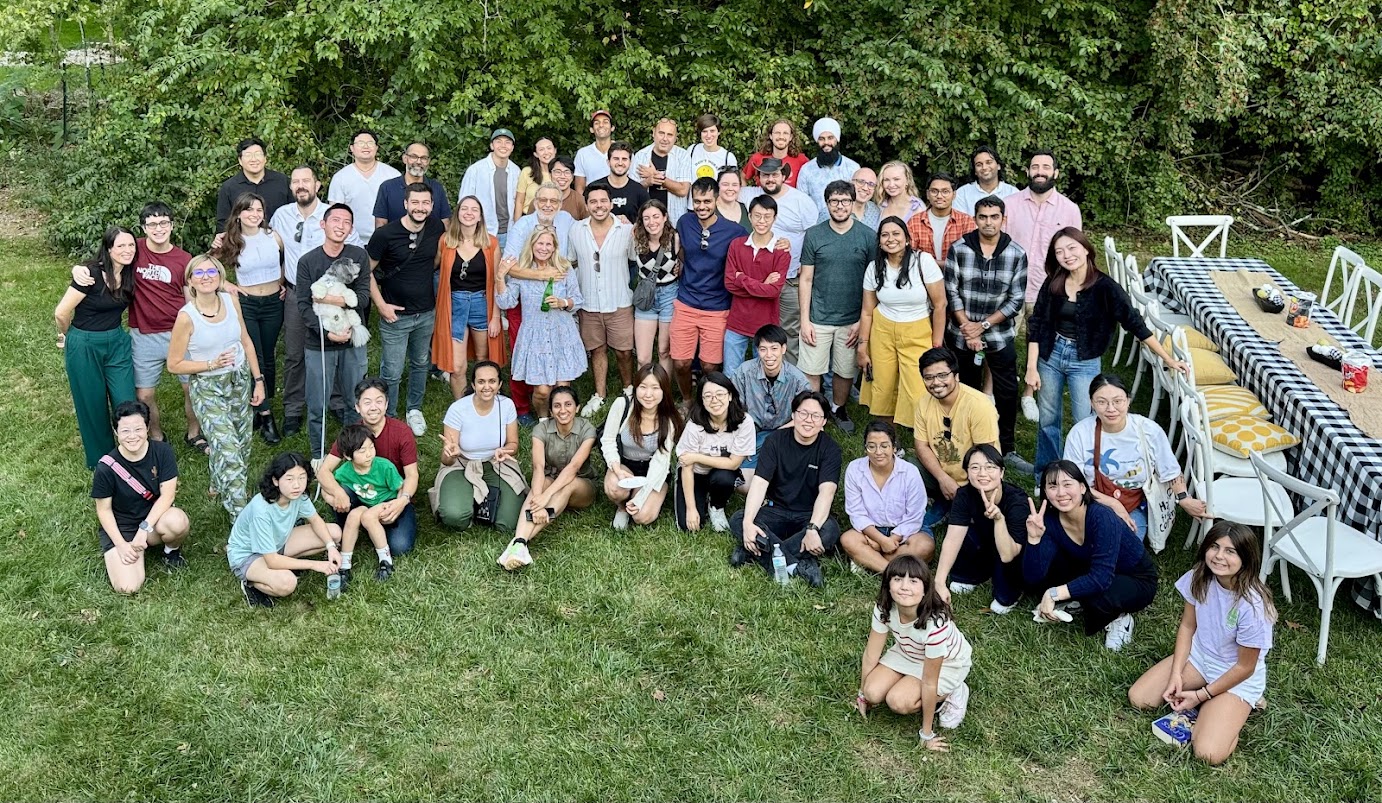Blog
IU's Observatory on Social Media defends citizens from online manipulation – that's not censorship
When thousands of fake accounts controlled by an unknown actor flood social media with some story, and platform algorithms amplify these messages, real people may be fooled into believing that they are seeing the opinions of fellow citizens. In contrast, the posts shared by real people are buried....
OSoMe Annual Report 2024-2025
Our annual report is now available. The stories, achievements, and insights in this report are a testament to the dedication of our team and the support of our partners. Take a look at the highlights that made this year special.
Indiana University's Observatory on Social Media Receives $1 Million Grant from the Knight Foundation
The Observatory on Social Media (OSoMe) at Indiana University has been awarded a new $1 million grant from the John S. and James L. Knight Foundation to support its groundbreaking interdisciplinary research on the role of media and technology, building tools to analyze and counter manipulation on...
Celebrating Our 2025 PhD Graduates
We are proud to celebrate three of our OSoMe PhD students as they prepare to graduate and take the next steps in their careers. Throughout their time with us, they have contributed not only to groundbreaking research but also to the vibrant, collaborative community that defines our center. We asked...
On the Road: Summer 2025 Conferences
Conference season is here, and we’re hitting the road! Our team at the Observatory on Social Media will present 19 papers at summer conferences. International Conference on Computational Social Science (IC2S2) Oral presentations Do Won Kim, Bao Tran Truong, Ozgur Can Seckin, Saumya Bhad...
Three New Tools to Explore Social Media
The Observatory on Social Media (OSoMe, pronounced “awesome”) is excited to introduce three new tools that will make it easier to study and engage with social media data: NewsBridge, Barney’s Tavern, and OSoMeNet. These tools build on OSoMe’s mission to support public understanding of online informa...
Menczer AAAS Fellow
The American Association for the Advancement of Science, one of the world’s largest general scientific societies and publisher of the Science family of journals, named Filippo Menczer to its 2024 fellows’ class, a lifetime honor within the scientific community. Menczer is among 471 scientists,...
A Farewell to Moe
In Memoriam: Moe, Beloved Compute Cluster It is with a mix of sadness and gratitude that we announce the decommissioning of Moe, our steadfast compute cluster, which served the research community faithfully for over a decade (doi:10.7717/peerj-cs.87). Born from cutting-edge technology of its tim...
OSoMe Report 2023-2024
Our fourth OSoMe annual report highlights the many activities of the Observatory during the academic year 2023-2024, roughly, as well as updates on the growing OSoMe team.
Postdoctoral Fellow Opening - Apply by November 1
The Observatory on Social Media (OSoMe) at Indiana University - Bloomington invites applications for a Postdoctoral Fellow (one year term with expected renewals for up to 3 years). The Postdoctoral Fellow will work closely with Yong-Yeol “YY” Ahn and other researchers at the Observatory on modeli...






.png)



